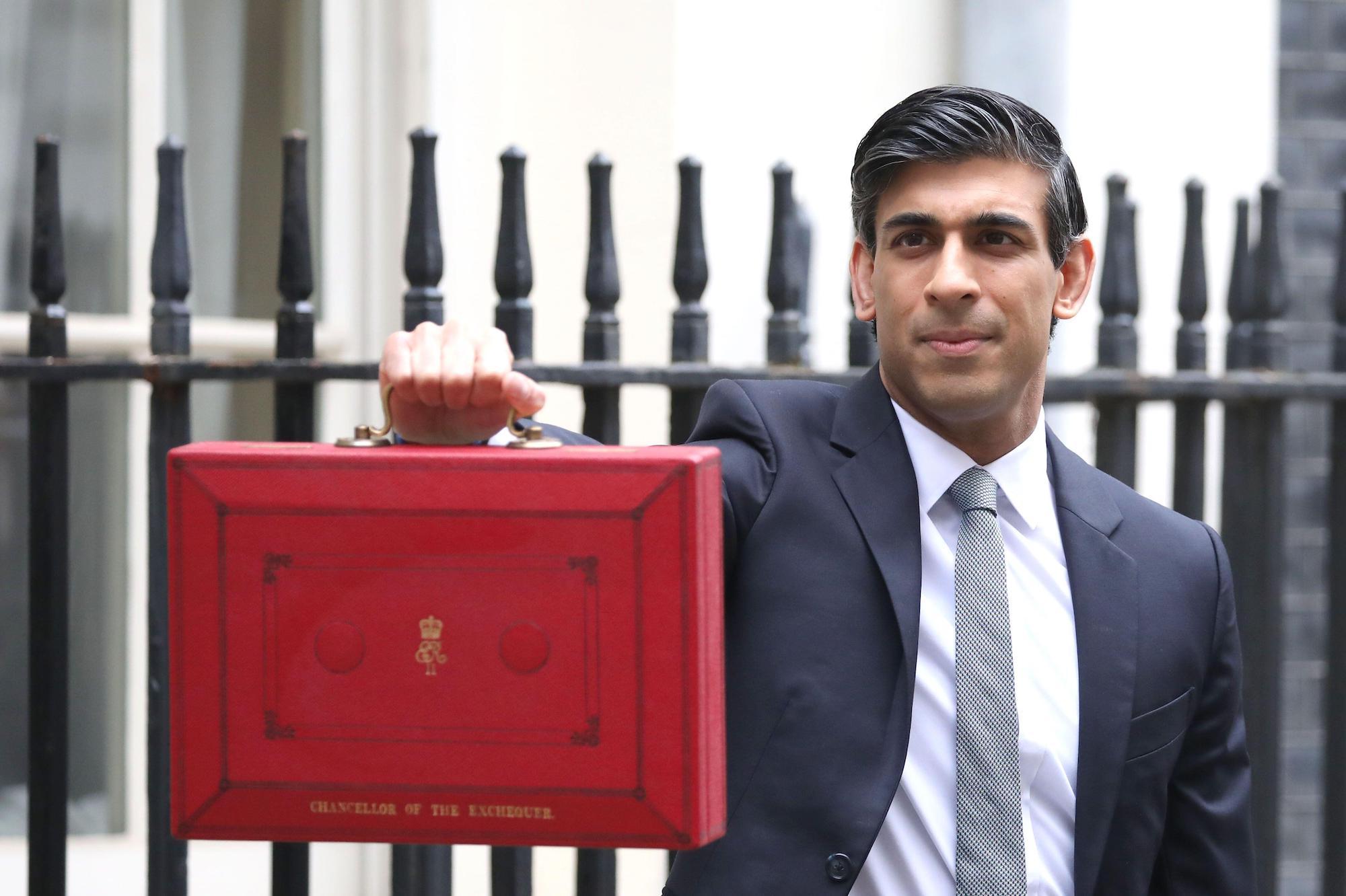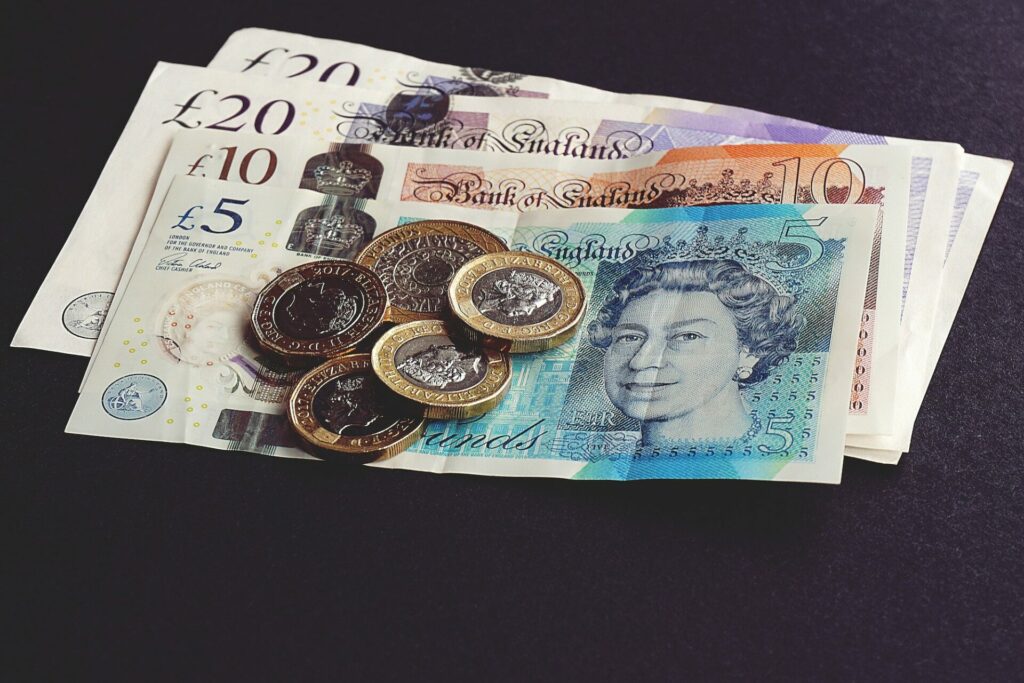Budget 2021: Rishi Sunak announces spending increase of £150 billion
The Autumn Budget 2021 also includes a 50% discount on business rates for pubs, music venues, cinemas, restaurants, hotels, theatres and gyms
By Grace Almond

Chancellor of the Exchequer Rishi Sunak has announced a spending increase of £150 billion in the Autumn Budget 2021.
This historic growth in public spending includes increases to the living wage, removing the freeze on public sector wages, and investment in regional transport projects and museums.
Other key measures announced in the budget were £300 million allocated towards “Start for Life” parenting programmes, a lower rate of Air Passenger Duty and the cancellation of the rise in duty on spirits, wine, cider and beer.
Here is our guide to the key pledges and findings from the Autumn Budget 2021:

The state of the UK economy
- The Chancellor remarked that inflation was likely to rise next year to an average of 4%
- Economy set to grow by 6.5% this year
- Unemployment expected to peak at 5.2% next year
- Sunak told the Commons: “Today’s Budget increases total departmental spending over this Parliament by £150 billion. That’s the largest increase this century, with spending growing by 3.8% a year in real terms.”
- Wages have grown by 3.4% since February 2020

Education
- Funding to return to 2010 levels with an increase in spending to £1,500 per student
- £5 billion worth of catch-up funding due to Covid pandemic
- Schools to get extra £4.7 billion by 2024-25
- £300 million to be spent on “Start for Life” parenting programmes; extra £170 million to be allocated by 2024-25
Air travel and infrastructure
- Flights between airports in UK nations set to see lower rate of Air Passenger Duty from April 2023 onwards
- Investment in London-style transport across England to increase
- Government will invest £21 billion on roads and £46 billion on railways

Investment
- Government spending on research and development will reach £22 billion by 2026-27
- £20 billion to be invested in R&D by 2024-25 to “secure the UK’s future as a global science superpower”, according to Sunak
- £4.8 billion in grant funding for local governments
- International aid to return to 0.7% of GDP
Taxation
- 50% discount on business rates for businesses hit the hardest by Covid-19, in an effort to boost retail, hospitality and leisure sectors
- Universal Credit taper rate cut by 8%
- Cancellation of planned rise in fuel duty

Alcohol
- Cancellation of planned duty on spirits, wine, cider and beer
- Stronger drinks, including fortified wines, will see a small increase to their rates
- Decrease in rate of duty on draught beer and cider by 5%
“Levelling up”
- Tax relief on museums and galleries
- £1.7 billion of funding allocated towards towns and cities including Leeds and Doncaster
Labour response:
Keir Starmer tested positive for Covid-19, and so it was up to Shadow Chancellor Rachel Reeves and Shadow Secretary of State for Business, Energy and Industrial Strategy Ed Miliband to scrutinise the measures.
Reeves accused Sunak of living in a “parallel universe” and lamented “the bankers on short-haul flights sipping champagne” who would be “cheering this budget today”.
She also questioned why more money wasn’t being raised through increased taxes on banks, big corporations and property developers.
“Families struggling with a cost-of-living crisis, businesses hit by a supply chain crisis, those who rely on our schools and hospitals and our police – they won’t recognise the world the Chancellor is describing,” she said.
“They will think he is living in a parallel universe.
“The highest sustained tax burden in peace time, and who is going to pay for it? It is not international giants like Amazon, no, the Chancellor has found a tax deduction for them.
“It is not property speculators, they already pocketed a stamp duty cut, and it is clearly not the banks, even though bankers’ bonuses are set to reach a record high this year.
“Instead, the Chancellor is loading the burden on working people. A national insurance tax rise on working people, a council tax hike on working people, and no support today for working people with VAT on their gas and electricity bills.”
